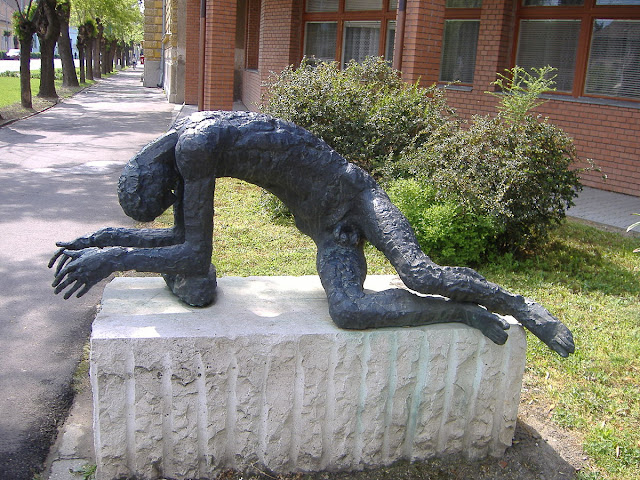JP Morgan's Coffee Machine

It's now widely accepted, though still not universally, that banks create money when they lend. But it seems to be much less widely known that they also create money when they spend. I don't just mean when they buy securities, which is rightly regarded as simply another form of lending. I mean when they buy what is now colloquially known as "stuff". Computers, for example. Or coffee machines. Imagine that a major bank - JP Morgan, for example - wants to buy a new coffee machine for one of its New York offices (yes, it has more than one). It orders a top-of-the-range espresso machine worth $10,000 from the Goodlife Coffee Company, and pays for it by electronic funds transfer to the company's account. At the end of the transaction JP Morgan has a new coffee machine and Goodlife has $10,000 in its deposit account. What exactly is this money, and how is it created? I had a long argument with people on twitter who insisted that JP Morgan would pay for the coffee ma...






